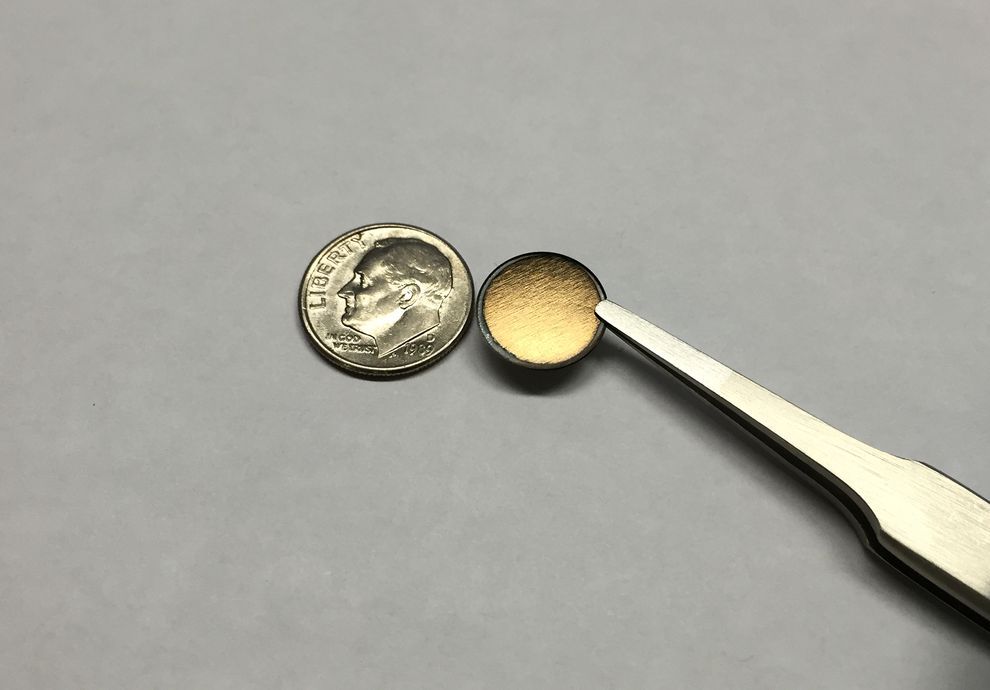The future of batteries is in nanotechnology. Nanosize batteries that are 80,000 times smaller than a human hair could change the way we use mobile devices, build cars and even store green energy.
The breakthrough has been in creating a "nanopore" which is no thicker than a grain of salt but can be used to create a battery. Billions of these could be combined in a honeycomb to create a battery that would fit on a postage stamp.
The best part about these nanobatteries is that their performance has surprised scientists in recent studies. They will be able to recharge to full in just 12 minutes and can recharge thousands of times before losing charge. On top of that they should be able to store three times the amount of current batteries.
The research was published by scientists at the university of Maryland who said: "We were blown away by the performance." They attributed the enhanced performance to the short distances the electricity needs to travel, making the batteries far more efficient.
Nanotechnology is still new so mass production can be problematic owing to the use of expensive materials in production. But it's thought this tech could reach the market for public use in 5 to 10 years since nanoscience itself should help to speed up the process.
READ: Future batteries, coming soon: charge in seconds, last months and power over the air

